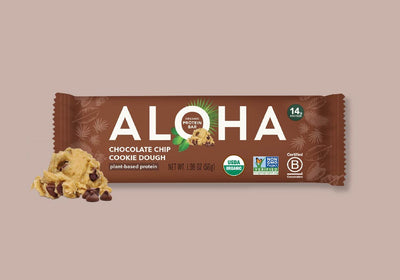
Chocolate Chip Cookie Dough
Indulgent cookie dough, rich chocolate chips
Price: $34.99
 collection header image
collection header image
 collection header image
collection header image

Indulgent cookie dough, rich chocolate chips
Price: $34.99
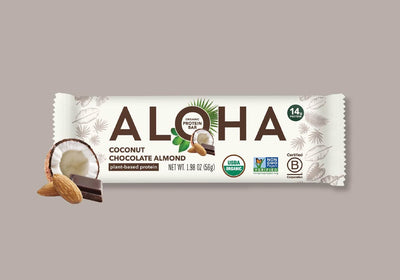
Flaky coconut, almond pieces, chocolate chunks
Price: $34.99
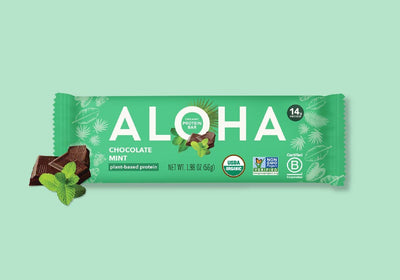
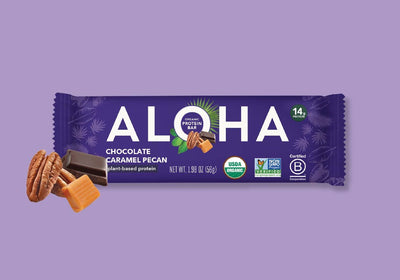
Pecans and dark chocolate in a caramel swirl
Price: $34.99

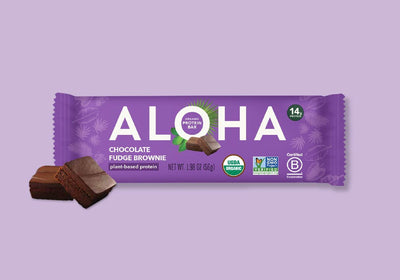
Smooth, indulgent chocolate is irresistible
Price: $34.99
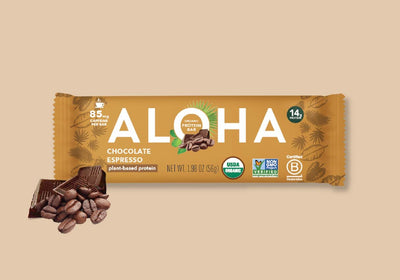
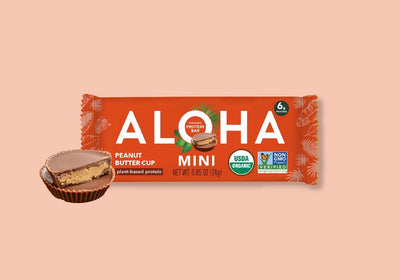
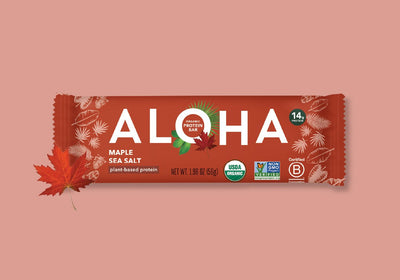
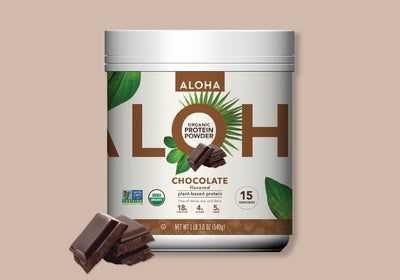
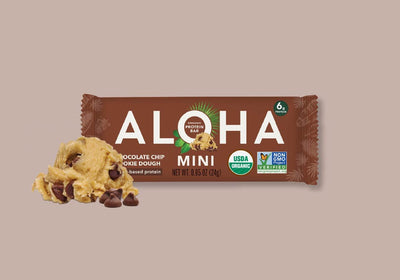
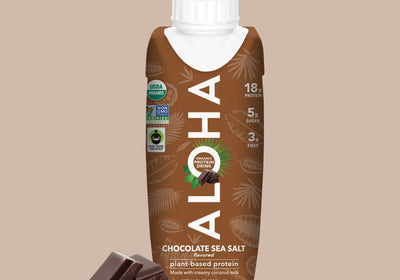
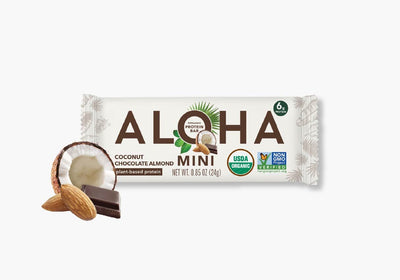
Flaky coconut, crunchy almonds, chocolate chunks
Price: $35.99
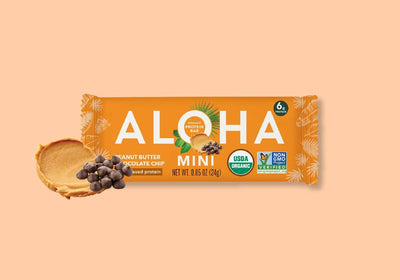
Chocolate chips + peanut pieces = happy tastebuds
Price: $35.99
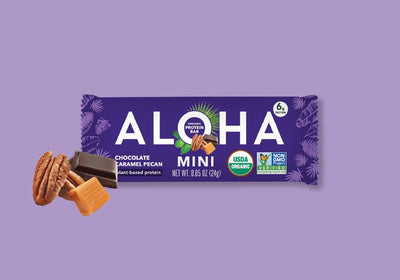
Pecans and dark chocolate in a caramel swirl
Price: $35.99
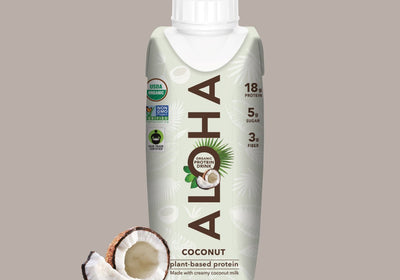
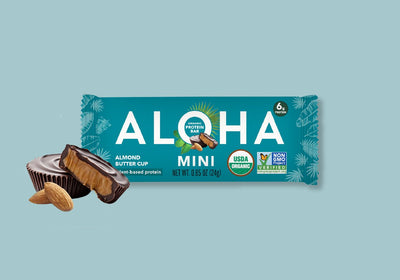
Decadent dark chocolate perfectly complements the warm sweetness of almonds
Price: $35.99
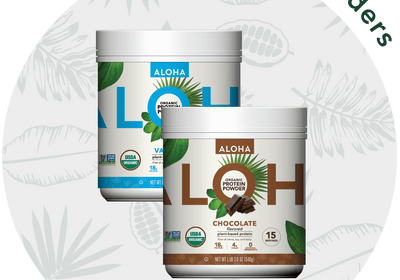
Price: $65.98

Rolled oats, chocolate chips and home-baked vibes in bite size form.
Price: $35.99
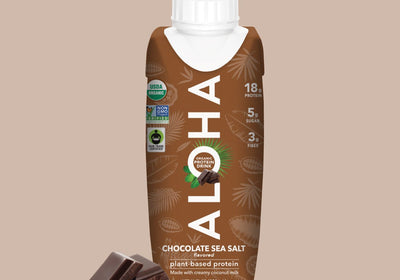
Rich chocolate with a hint of sea salt
Price: $42.99
Sold Out
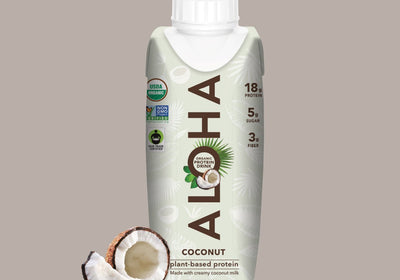

Sources: